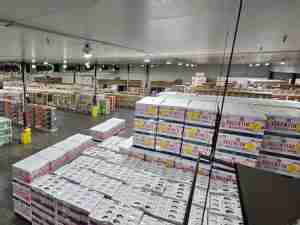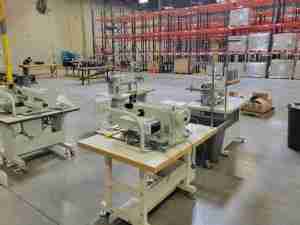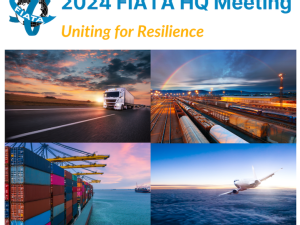Freight companies can charge higher prices for handling delicate electronic components, vaccines that have to remain chilled or Arabian race horses than for standard cargo.
"Specialty freight always has a higher margin," said Andreas Baader, managing partner at consultancy Barkawi Management Consultants, which focuses on supply chain and after sales services.
Lufthansa Cargo, the freight arm of German carrier Lufthansa , has invested a double-digit million euro sum in a new "Cargo Cool Centre" in Frankfurt that handles pharmaceuticals and other medical products.
"In the crisis year 2009, cool products declined only marginally," Joerg Bodenroeder, the director of the Cool Centre, said ahead of its inauguration this month.
The global pharmaceutical drug logistics market is estimated at a little more than 47 billion euros ($61 billion) and is expected to grow at an average rate of 7.6 percent a year through 2015, according to Transport Intelligence.
The market for biotech drugs, which are typically tolerant to a tighter range of temperatures than traditional chemical drugs, is estimated to grow at an annual rate of about 10 percent through 2015.
That is more than twice the expected rate of growth for traditional drugs, creating opportunities for cargo companies that offer temperature-controlled logistics.
According to Barkawi's Baader, trucking companies that invested in specialised equipment to cater to new industries before and during the crisis also weathered the downturn better.
"If you can transport wind turbines, you are doing pretty well. There are only about 10 to 15 companies that are specialised in wind turbines," Baader said.
Overall, the mood in logistic has become more muted lately, with industry bodies and analysts lowering their expectations for growth in 2012 as economic growth looks set to remain slow.
"There have been periods of hope that this was just a soft patch and that run rates would re-accelerate, but as we approach the end of the year and GDP growth forecasts continue to fall, it is clear that 2012 is going to be another difficult year," Nomura analyst Mark McVicar said in a recent note.
Global trade is expected to grow at a pace of only 5.8 percent this year, compared with 14.1 percent in 2010, as the European sovereign debt crisis buffets developed economies, according to the World Trade Organisation (WTO).
That is still better than the 12.1 percent drop in global trade in 2009, during the financial crisis that followed the collapse of investment bank Lehman Brothers, though the WTO said the outlook was increasingly uncertain.
Deutsche Post DHL runs a high-security warehouse for Philips, distributes drugs made by Bristol-Myers Squibb in the United States and delivers cars to dealerships in Scotland for BMW.
Its supply chain business broke ground in September on a new 14 million euro distribution centre at eastern Germany's Leipzig/Halle airport, where medical supplies can be stored at controlled temperatures, and computers arriving by plane for servicing can be repaired on site before being put back on a plane to be returned to their owners.
"If you look at who sailed through the crisis, it was the big integrators like DHL and Kuehne + Nagel. They are very close to their customers' business," Barkawi's Baader said.
These big companies can handle their customers' entire supply chain if necessary, delivering raw materials and parts to factories, warehousing finished products and distributing them to retail outlets, a bigger job than many companies can do cost-effectively on their own.
Lufthansa Cargo CEO Karl Ulrich Garnadt told Reuters that the whole industry expects 2012 to be a "very strenuous" year, in which it will help to have more than standard shipping containers on offer.
But he said broadening one's product base, for instance in









